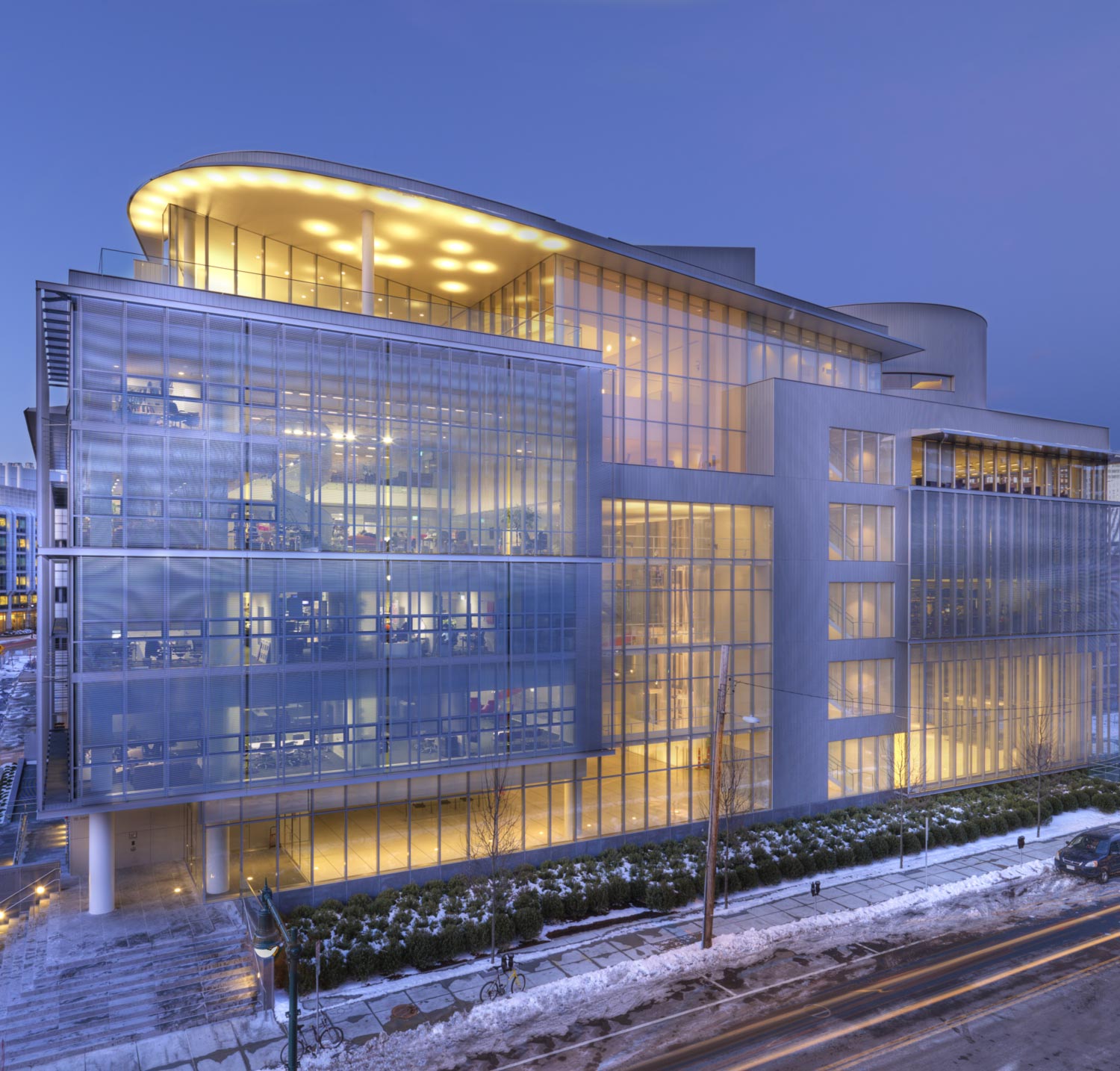MIT Faculty Town Hall on Governance
Good afternoon. As Rick described, we’re here because faculty want a greater voice and a stronger role in decision making at MIT. I welcome that conversation, and I expect many valuable ideas to emerge from this discussion.
It will be vital that these new governance proposals include a way for faculty voices from every school and discipline to be heard, and respected. We also need a system to prioritize faculty requests and ideas, for the good of the whole Institute. We clearly need to make sure that our new principles, processes and governance structures reflect MIT’s core values. And we must also focus on the fact that, now, more than ever, we are in a global race for talent and resources, and the Institute cannot afford to be left behind.
So we must take care to create a structure that still allows MIT the nimbleness and flexibility to take
pioneering action.
#
The challenge for all of us is to recalibrate MIT’s approach to shared governance in a way that can earn widespread support from the faculty and, at the same time, in a way that works for the rest of our community, too: staff, students, Corporation members and alumni.
Since this challenge came to light through a larger moment of crisis, I would like to offer a few brief observations.
I believe we can all agree that we want what is best for MIT, both for our current community and for the future of the institution, even if we have different views of how to get that done.
To me, right now, “doing what is best for MIT” demands action in at least three areas:
- First, we are keeping operations on course. In December, Executive Vice President and Treasurer Israel Ruiz announced his plans to leave MIT, and his deputy, Tony Sharon, retired after 20 years at the Institute.
Israel was in charge of MIT’s non-academic activities: facilities, medical, safety, human resources, IS&T and so on. He was also responsible for managing MIT’s assets, both our financial assets and our buildings. Tony handled the complexity of MIT’s day-to-day operations.
The two of them will be hard to replace. We are fortunate to be able to count on other gifted members of their teams who remain. But for operational stability, we are moving quickly to fill these extremely important roles.
- Second, we need to complete several critical “works in progress.” We need to keep pushing for new support for graduate student research, and funding to complete the music building, the Met, as the new home for the school of architecture and planning, the renovation of Building 54 for EAPS, new residence halls and more.
We need to make sure the College of Computing lives up to its aspirations. And, most urgently, we must dramatically intensify MIT’s work to help humanity respond to the existential threat of climate change.
- Third and finally, we need to focus intensely on our efforts to improve campus climate and culture.
Last fall, staff and female faculty shined a bright light on important issues of disrespect and marginalization issues raised in earlier reports, but not effectively addressed, and that have damaged our entire community.
In response, and building on progress made in the last few years, we are actively pursuing a range of actions. Some we announced in a letter to the community yesterday, including charging a new Institute-wide group to develop a values statement. Other plans will take shape this semester. Clearly, real change will require bold investment.
I also hope that we can find ways to address frictions and disrespect that have emerged in recent weeks among faculty, across schools and disciplines.
To succeed in our mission, we urgently need to make our community work for everyone.
In short, we have serious, immediate challenges that we can solve – if we pull together.
# # #
Nothing I can say can undo the harm from MIT’s involvement with Jeffrey Epstein. Brilliant people I appointed, trusted and admired – people I still trust and admire – made serious mistakes of judgment, on my watch, in a leadership culture that I am responsible for, believing they were serving MIT.
I own that.
I also understand that for many of you, the current situation comes on top of past disappointment about other actions of the administration.
I own that too.
I take responsibility for where we are. I believe we must begin to move forward and use this opportunity to collectively commit to positive steps of lasting value for MIT: to improve governance, to finish our unfinished work, to establish shared values, to heal old wounds – and to rebuild a community we can all take pride and pleasure in being part of.
We have endured a lot of turbulence in the last few months, and I feel a great responsibility to work with all of you to put things right, and that includes working with you now on shared governance.
So you can have some time for this governance discussion in my absence, I will only stay for the first hour today. But I hope and expect that we will spend more time on this together in the weeks ahead.
Thank you.


